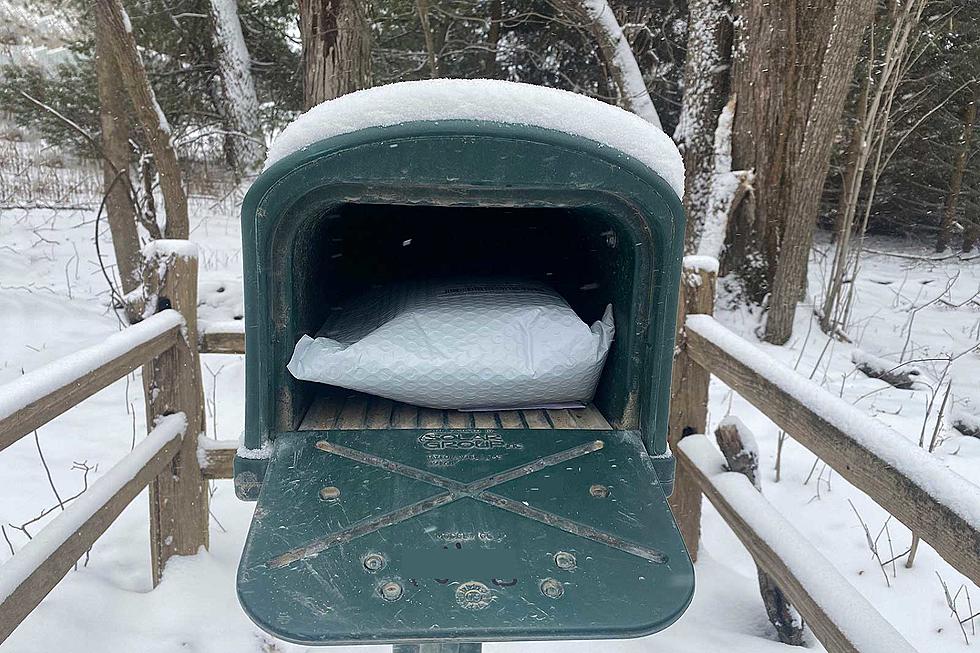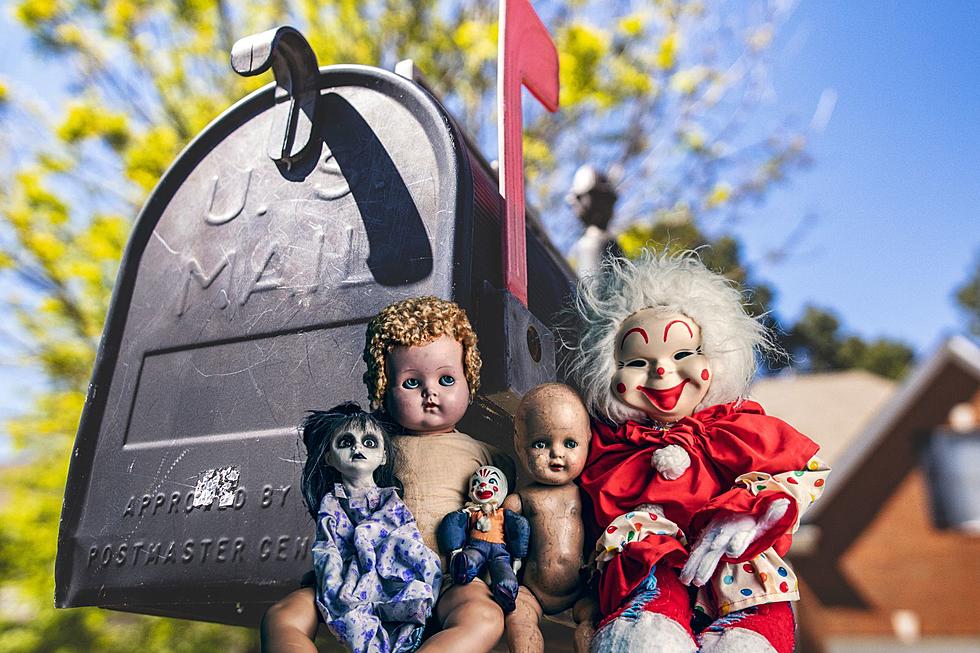
Are At-Home COVID Tests Still Accurate if They Freeze?
A few weeks ago, the government starting taking orders for at-home COVID-19 tests. People that ordered the four free rapid antigen test kits could expect them to be shipped in late January. That means the tests should soon be arriving in your mailbox, if they haven't already.
With temperatures in Michigan this time of year normally below the freezing mark, what happens if your test kits sit in your mailbox and get too cold? Are they still going to be accurate if they freeze?
I'm not the only person that wondered about this. There are several stories online posing the same question, but the answers seem to vary -- depending on who you talk to. It also depends on the type of test kit that you get.
According to the guidelines by the U.S. Food and Drug Administration: "Since shipping conditions may vary, test developers perform stability testing to ensure that the test performance will remain stable when tests are stored at various temperatures, including shipping during the summer in very hot regions and in the winter in very cold regions."
They also recommend that you don't leave the test kits in your mailbox any longer than you have to. Also, don't forget about them in your car. Once you do get them inside, store them in a dry room that doesn't have many temperature and humidity changes. Most of us will be tempted to store these kits in our bathrooms or kitchens. Not the best rooms in the house to store them because of changing conditions.
Once you bring your test out of the cold, experts advise leaving it unopened at room temperature for at last two hours before using the test kit.
There may be a problem if the test kits have frozen more than once. Dr. Anne Zink, Alaska's chief medical officer recently said that based on manufacturer information so far, "we think it is likely the tests will work after one freeze cycle." Unfortunately, we don't know how many times the kits may have frozen throughout the shipping process before they even arrive at our homes.
Some kits are not intended to freeze, or even to be used after they have frozen. The Palm Beach Post has put together a list of some test kit manufacturers and their recommendations. Some of those kits clearly state "Do Not Freeze".
I received my test kit today...
While reading through the instructions and precautions, I found nothing regarding the temperature and if there were any issues with the kits getting below 32 degrees for any period of time.
The only reference to temperature at all was the graphic on the side of the box which gave a temperature range of 59 to 86 degrees.
Answers to 25 common COVID-19 vaccine questions
More From 1240 WJIM AM





